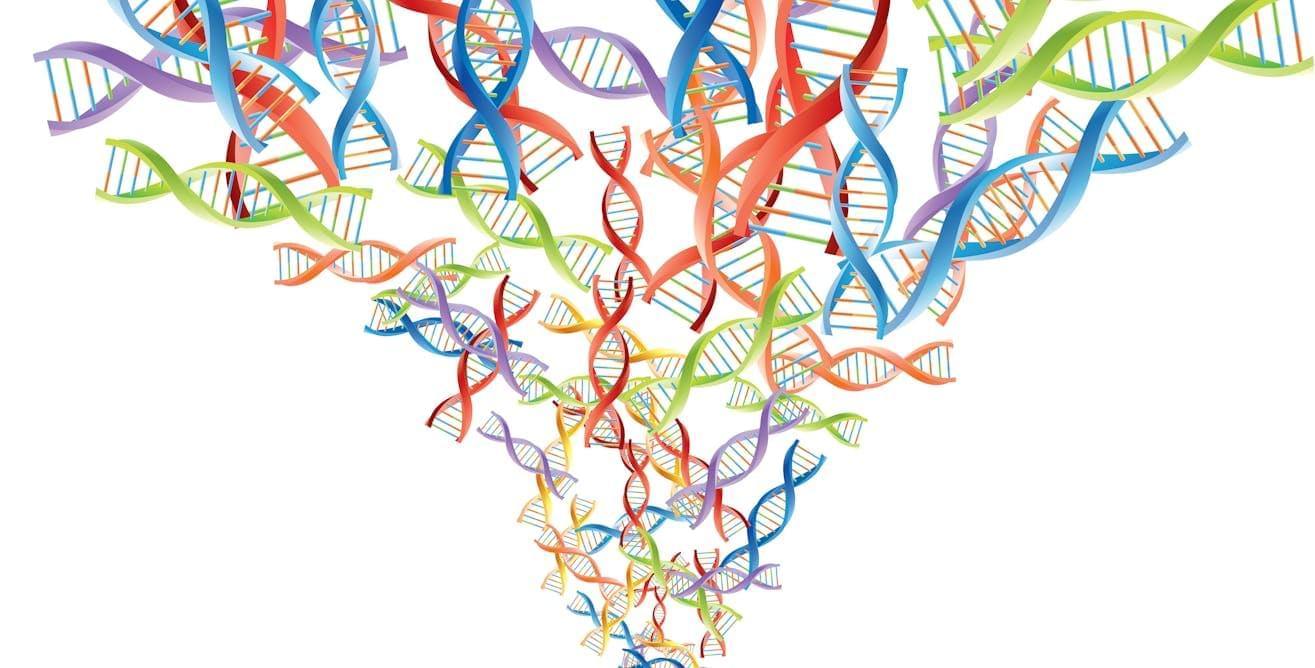In a groundbreaking study using Merino sheep, researchers uncovered that tiny genetic variations within gut microbes can influence brain-related behavior.
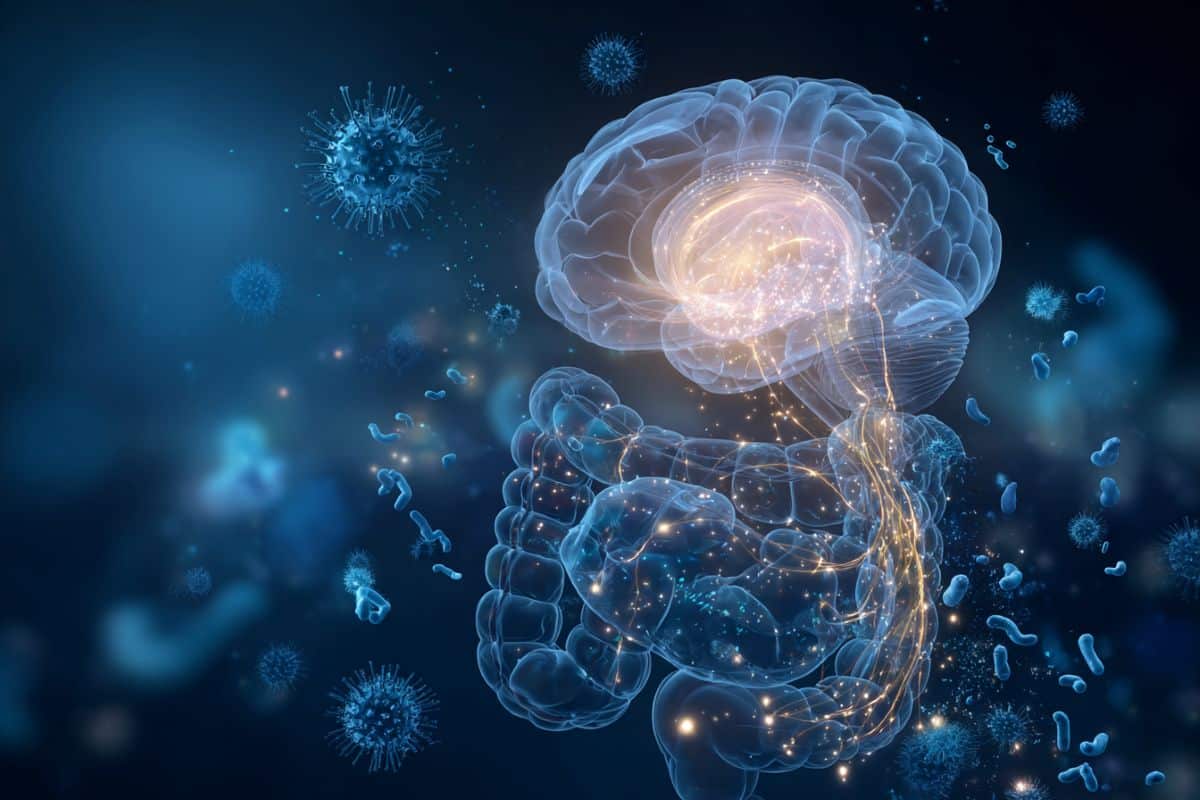


Scientists at Monash University have created a tiny fluid-based chip that behaves like neural pathways of the brain, potentially opening the door to a new generation of computers.
Roughly the size of a coin, the chip was built from a specially designed metal-organic framework (MOF), and channels ions through tiny pathways, mimicking the on/off switching of electronic transistors in computers.
But unlike conventional computer chips, it can also “remember” previous signals, mimicking the plasticity of neurons in the brain.
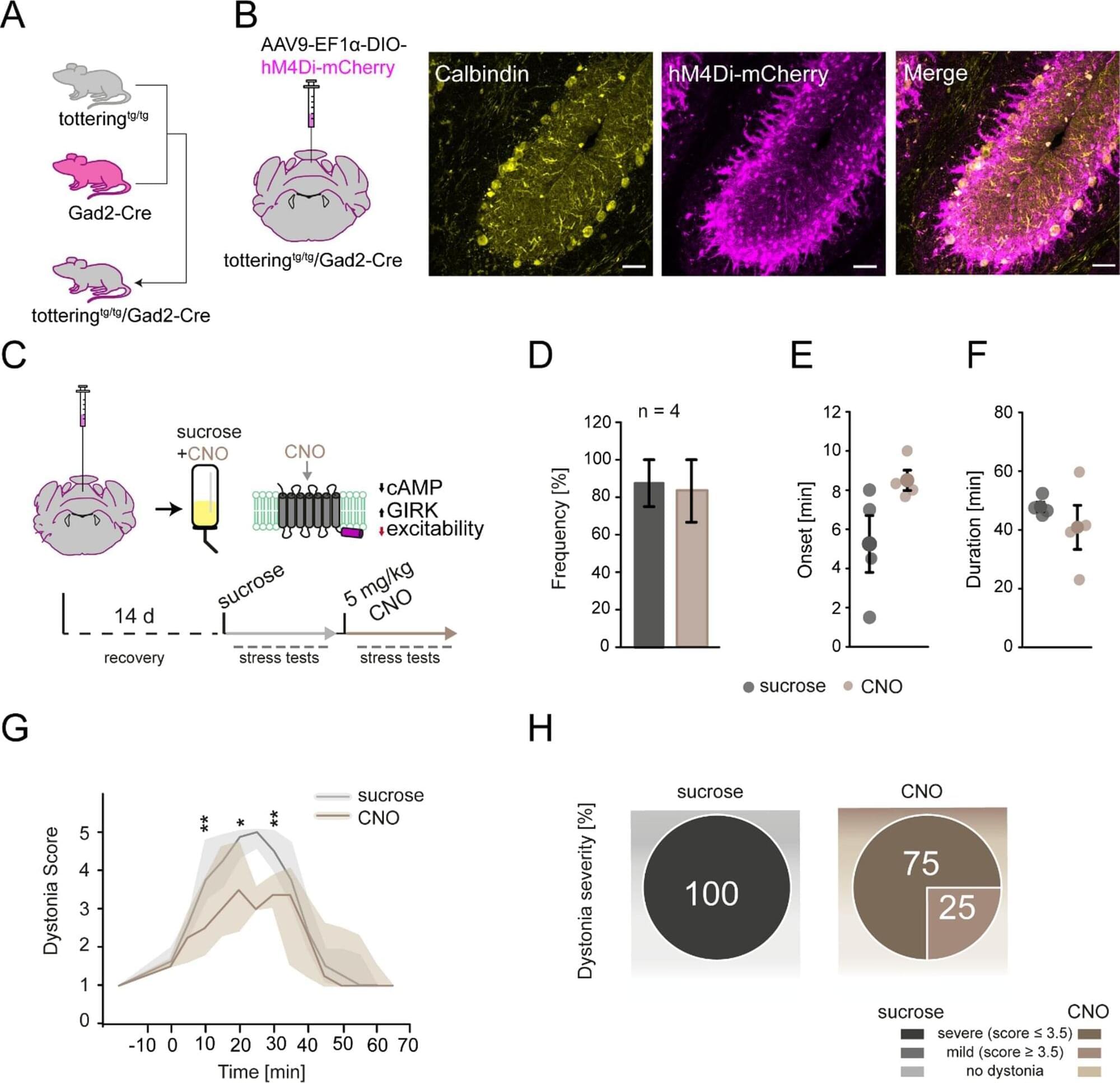
Researchers at Ruhr University Bochum, Germany, identified a receptor that plays a crucial role in stress-induced motor incoordination associated with ataxias. These hereditary motor disorders have long been linked to the neurotransmitter norepinephrine.
The team, led by Dr. Pauline Bohne and Professor Melanie Mark from the Behavioral Neurobiology Working Group in Bochum, has now shown that the α1D norepinephrine receptor in the cerebellum is responsible for the symptoms. The team published these findings in the journal Cellular and Molecular Life Sciences on October 6, 2025.
People with ataxia experience recurring episodes of motor incoordination, also known as dystonia. These phases are triggered by various factors, such as physical or emotional stress, fever, alcohol, or caffeine. The episodes are triggered by the release of norepinephrine in the cerebellum, which is the most important brain region for coordinating movement. Currently, there is no cure for ataxia. Therefore, researchers want to gain a better understanding of the underlying mechanisms to find new treatment approaches.
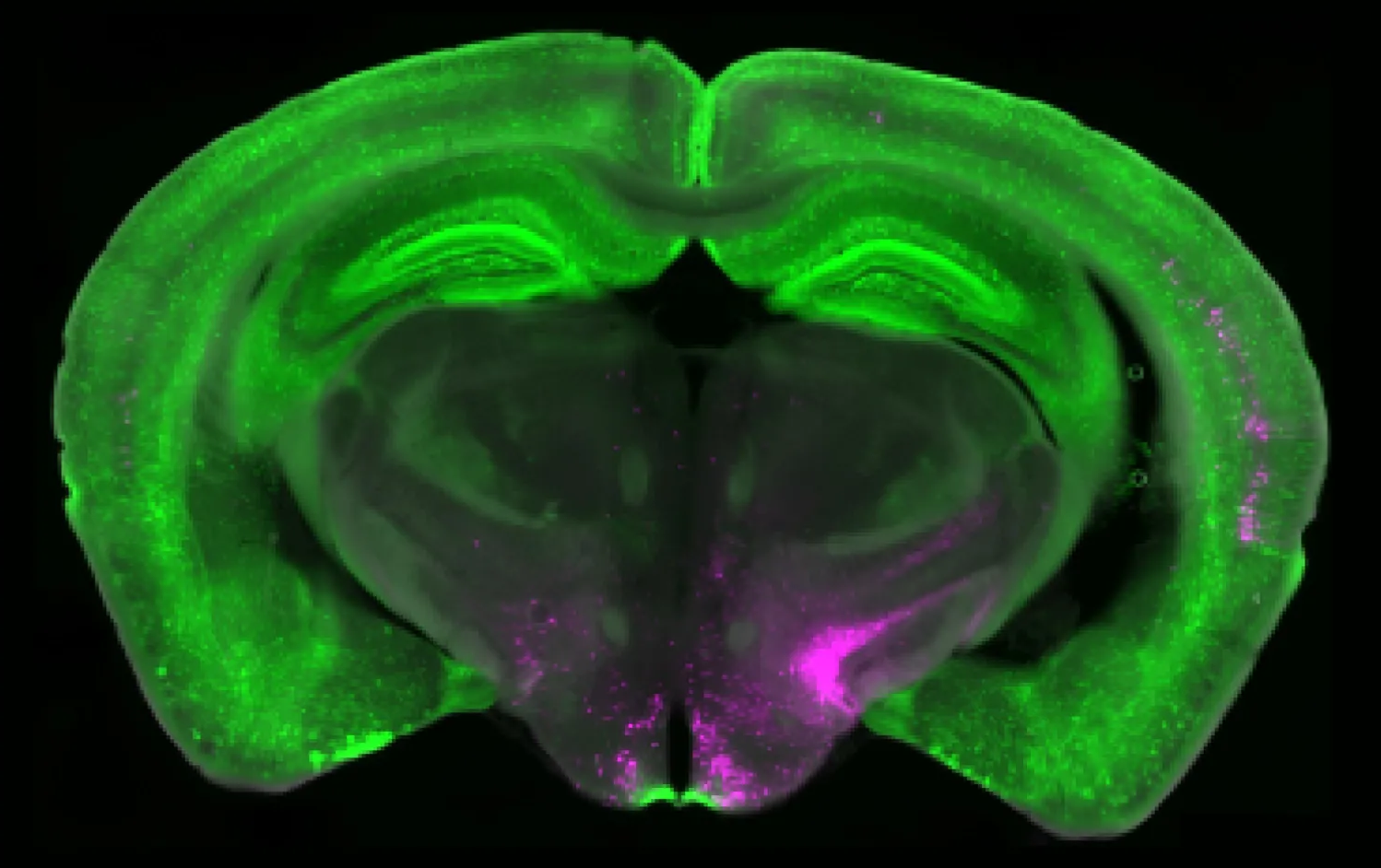
Scientists have pinpointed Y1 receptor neurons in the brain that can override chronic pain signals when survival instincts like hunger or fear take precedence. Acting like a neural switchboard, these cells balance pain with other biological needs. The research could pave the way for personalized treatments that target pain at its brain source—offering hope for millions living with long-term pain.
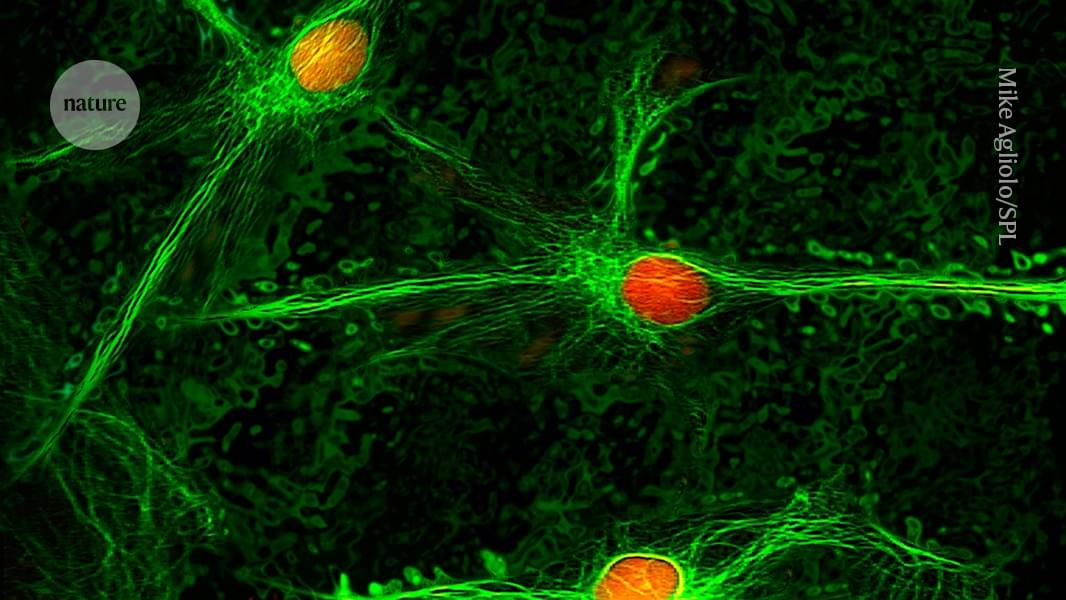
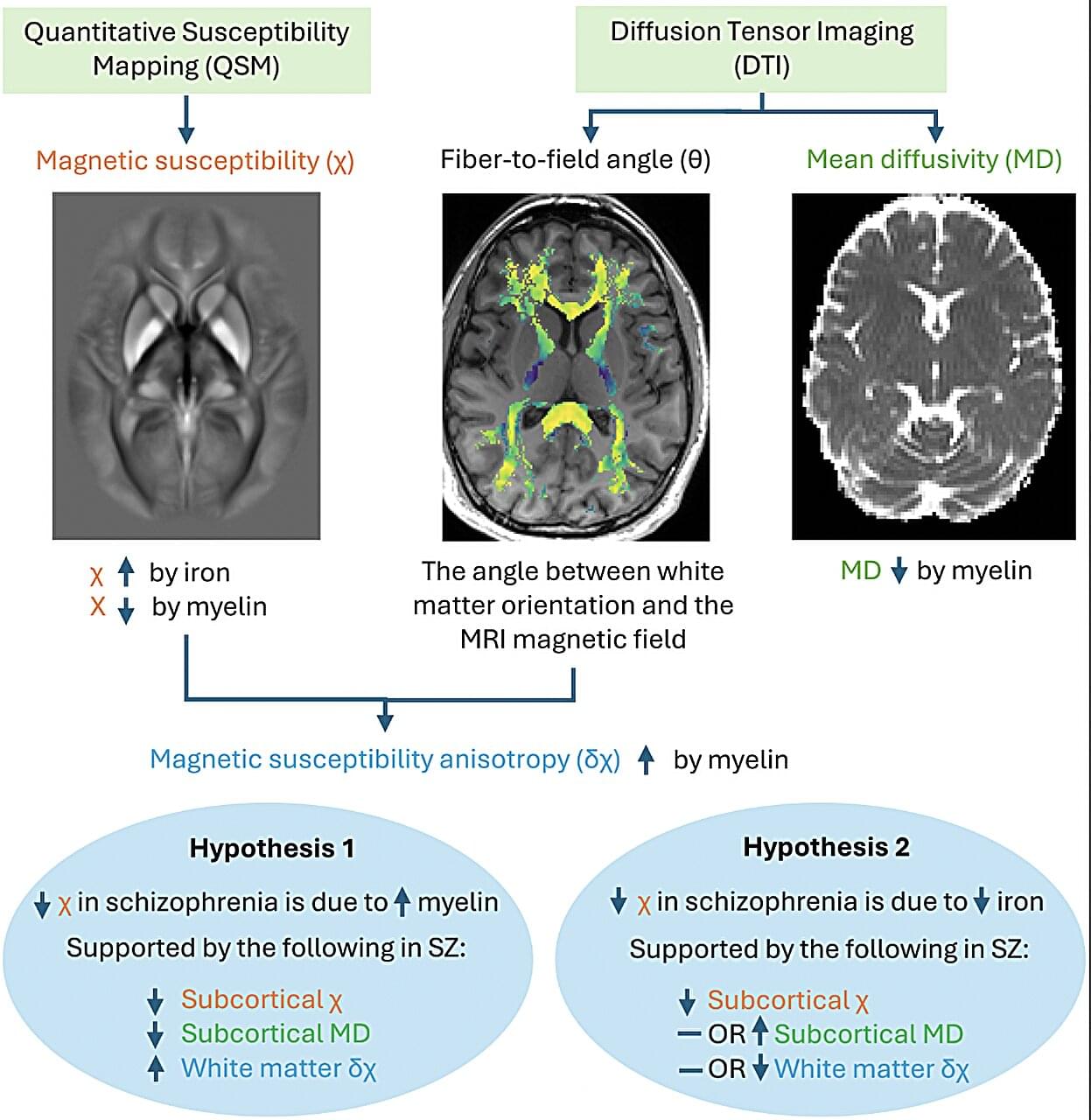
Schizophrenia is a severe and debilitating psychiatric disorder characterized by hallucinations, disorganized speech and thought patterns, false beliefs about the world or oneself, difficulties concentrating and other symptoms impacting people’s daily functioning. While schizophrenia has been the topic of numerous research studies, its biological and neural underpinnings have not yet been fully elucidated.
While some past brain imaging studies suggest that schizophrenia is associated with abnormal levels of iron and myelin in the brain, the results collected so far are conflicting. Iron is a metal known to contribute to healthy brain function, while myelin is a fatty substance that forms a sheath around nerve fibers, protecting them and supporting their conduction of electrical signals.
Researchers at King’s College London, Hammersmith Hospital and Imperial College London recently set out to further explore the possibility that schizophrenia is linked to abnormal levels of iron and myelin in the brain. Their findings, published in Molecular Psychiatry, uncovered potential new biomarkers of schizophrenia that could improve the understanding of its underlying brain mechanisms.
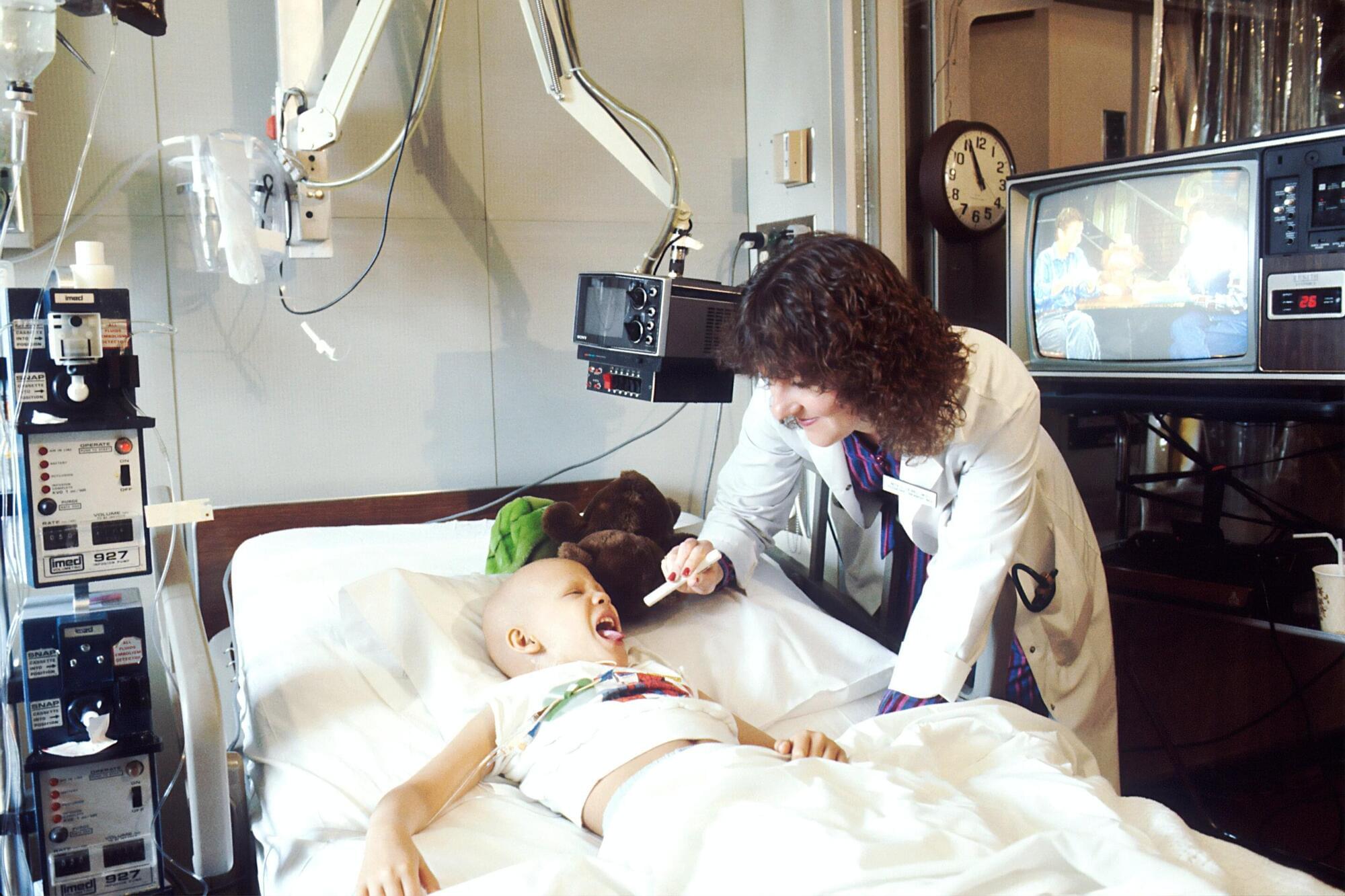
In the United States, significant numbers of adults with dementia require long-term care services. For example, around 750,000 people who live in nursing homes have a diagnosis of dementia. However, transportation insecurity for this population has not received sufficient attention. Although long-term care facilities provide basic medical services, residents with dementia often need external, preventative, and follow-up care such as specialist visits, diagnostics, and dental or vision services. Without reliable nonemergency medical transportation, these needs may go unmet.
To demonstrate the extent of this problem, Postdoctoral Research Scientist Soojeong Han, Ph.D., and her colleagues reviewed existing literature on non-emergency medical transportation services for individuals with dementia living in long-term care (LTC) facilities. The study, “Transportation Services in Society for Individuals Living With Dementia in Long-Term Care Facilities: A Scoping Review,” was published in the Journal of the American Medical Directors Association.
Their review found only five publications that mentioned this topic, and even then, only briefly. Across these studies, caregivers, health care professionals, and people with dementia consistently described nonemergency medical transportation as a critical need. Reported barriers included financial strain, rural-urban disparities, lack of continuity among transportation vendors, and dementia-specific challenges such as cognitive decline, stigma, and the need for caregiver accompaniment.

Researchers have designed a peptide that prevents the deadly misfolding of alpha-synuclein, the protein behind Parkinson’s and some dementias. In lab and animal tests, it stabilized the protein and improved motor function. The work demonstrates the power of rational drug design in tackling brain diseases that have long lacked effective treatments.
